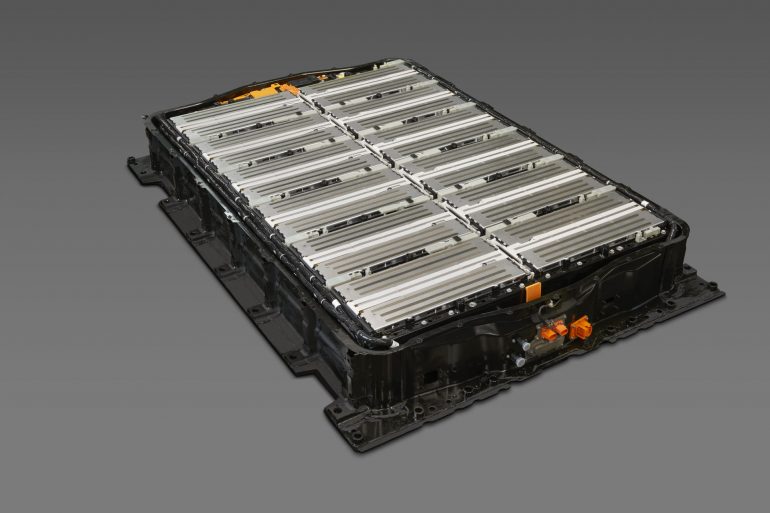
Automakers are scrambling to secure lithium supplies for electric car batteries amid concerns of potential shortages. Companies like General Motors (GM) and China’s BYD Auto Ltd. are taking unprecedented steps by purchasing stakes in lithium miners to ensure a steady supply of the crucial metal. Ford Motor Co. has signed long-term contracts with lithium suppliers, while Volkswagen and Honda are exploring recycling ventures to reduce their reliance on newly mined ore.
The increasing demand for electric vehicles poses a challenge as global lithium output is expected to triple this decade, but sales of electric vehicles are rising at an even faster rate. A shortfall in lithium supplies could hinder the plans of governments and industries to scale up electric vehicle sales. The race for lithium is intensifying political conflicts over resources and raising concerns about the environmental impact of extraction.
China and the United States are at the forefront of this competition, with both governments tightening controls on access to lithium and other critical minerals. Countries like Canada, Indonesia, Chile, and Zimbabwe are also taking measures to maximize their returns on lithium deposits by requiring miners to invest in refining and processing before exporting.
To secure direct access to lithium, GM has invested $650 million in a Nevada mine, the largest source of lithium in the United States. However, conservationists and indigenous groups have raised concerns about the environmental consequences of mining operations. BYD Auto’s parent company, BYD Co., has made significant investments in lithium mining and refining, primarily in China, but also in Chile.
Despite efforts to increase production, the industry could face shortages of lithium and cobalt as early as 2025 if sufficient investment is not made. Automakers are investing in lithium to mitigate the risks for miners and potentially stimulate production. However, developing lithium sources is a time-consuming process, with mines taking over 16 years from discovery to production.
The estimated global lithium resources stand at 80 million tons, with Bolivia, Australia, and Chile holding the largest reserves. Forecasts predict annual global production could reach 1.5 million tons by 2030, but with the increasing demand for electric vehicles, demand could exceed 3 million tons. As automakers set ambitious targets for electric vehicle sales, governments are increasingly concerned about access to critical minerals and the potential for strategic competition.
To address environmental concerns associated with lithium extraction, the industry is exploring alternative extraction methods. Volkswagen, for example, has signed an agreement with Canada to develop suppliers of critical raw materials, including lithium. Some companies are also investing in lithium refining capacity to purify raw lithium into battery material.
In this race for lithium, automakers without their own supply could face challenges and potentially higher costs, which could impact their competitiveness. Mass-market players who fail to secure their lithium strategy may find themselves at a disadvantage. The industry is closely monitoring these developments as automakers seek to secure the necessary lithium supplies to support the growing demand for electric vehicles.
Source: APNews

Mike Floyd is a finance executive by trade and a car enthusiast at heart. As a CFO with a keen eye for detail and strategy, Mike brings his analytical mindset to the automotive world, uncovering fresh insights and unique perspectives that go beyond the surface. His passion for cars—especially his favorite, the Porsche 911, fuels his contributions to Automotive Addicts, where he blends a love for performance and design with his professional precision. Whether he’s breaking down industry trends or spotlighting emerging innovations, Mike helps keep the site both sharp and forward-thinking.